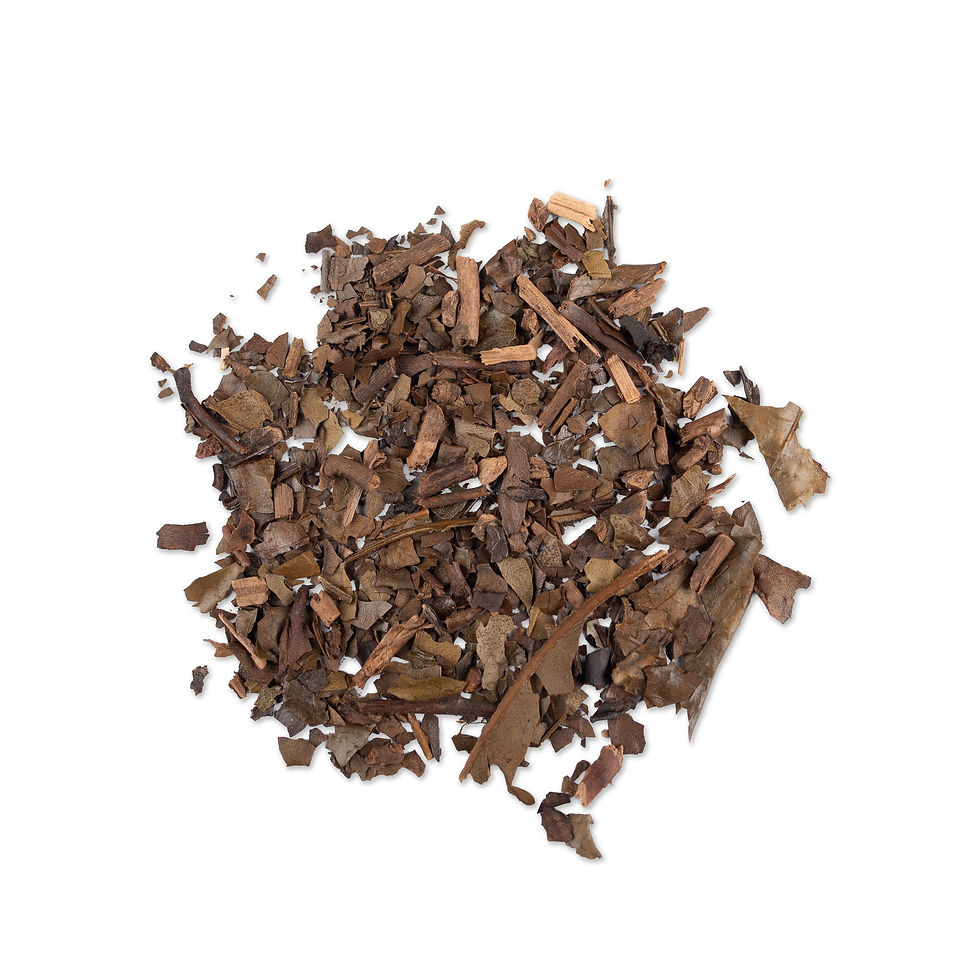MIYAZAKI TAKACHIHO OOLONG
Categorie: Oolong (bleu)
Origine: JAPON, préfecture de Miyazaki, ville de Takachiho
Cultivar: Unkai
Quantité: 30g per paquet
Récolte: Printemps (avril-mai)
Autre: Agriculture biologique ou biodynamique
Location:
The region of Takachiho is known for its “power spots”, such as the Takachiho gorges where it is said that the Gods descended. The tradition of “Kagura” created in the 8th century and is part of Japanese mythology is very strong in Takachiho and its surroundings. Kagura 神楽 is a Shinto ritual ceremony dance and means “God entertainment”, singing and dancing in front of the God. The yokagura (dance performed at night time) in Takachiho are performed from mid- November to mid- February each Saturday night, all night long, and are huge social gatherings. In total, there are 33 dances in total to give thanks for harvested crops and also acts as a prayer for an abundant harvest in the next year.
Miyazaki prefecture is currently the fourth largest tea production in Japan. The region is blessed with fertile land and ideal conditions. Green tea is produced in wide areas ranging from coastal areas to mountainous areas up to an altitude of 700 meters.
The main types are Sencha, Kamairicha and Oolong. Sencha is relatively new and was introduced after 1750 with manufacturing techniques learned from Uji. Oolong teas have been seriously developed for the past 30 years, using the same tools and machinery as for Kamairi, which is the most ancient type.
We have to go back in time to the 15th century to hear the stories that local people were consuming “Yama cha” (mountain native tea, probably the first tea plants that grew in Japan coming from seeds). Yamacha, like Kamairi is the old tea style that was consumed in Japan before the Sencha steaming techniques were developed in the 18th century.
Description:
Japanese oolong is produced in very low quantities. The villages of Gokase, Takachiho and Hinokage in the north of Miyazaki prefecture are all producing Kamairi tea, thus have the right machinery to also produce oolong tea.
Oolong being a partially oxidized tea, it comes with its distinct taste and flavours. Japanese oolongs differ from Taiwanese and Chinese ones as the cultivars are different but they also tend to use a very short oxidation level.
The beautiful cultivar name Unkai means “sea of clouds”. It is a breed between a Takachiho and an Assamica hybrid created in Miyazaki in 1970 designed for Kamairi type teas.
The infusion is clear yellow and the wet leaves have an odour of mustard leaf.
As the name suggests, it has a calming mild cereal flavour, with a well balanced taste.
Preparation:
5g (0.18oz) of leaves per serving
120ml of water at 90°C (194°F) per serving
First brew: 90 seconds
Subsequent brews: about 70 seconds
Cold brew: 10g of leaves for 1L of cold water. Brew for 12-15 hours in the fridge at 5°C. Filter the infusion in another bottle and keep it in the fridge. You may re-brew the spent leaves a second time as you like.

































